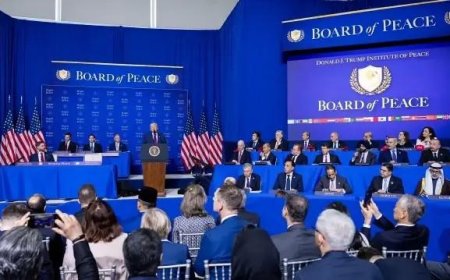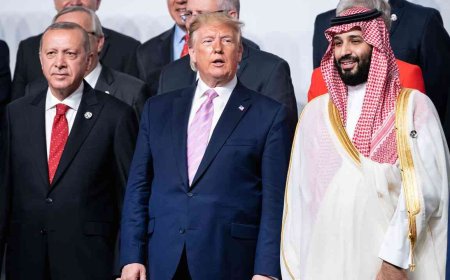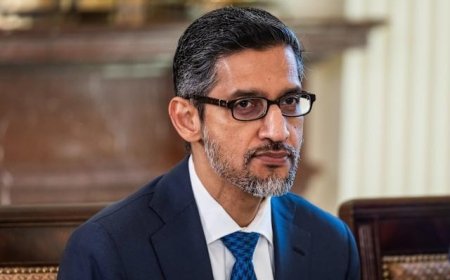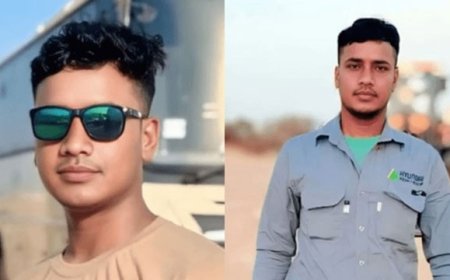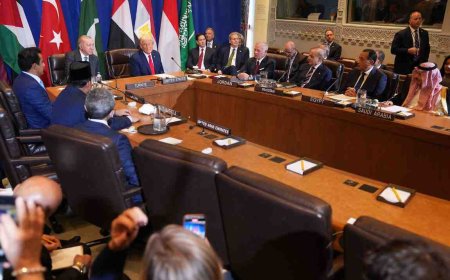Sudan Takes Bold Legal Action: Files Genocide Case Against UAE at International Court
Sudan Takes Bold Legal Action: Files Genocide Case Against UAE at International Court
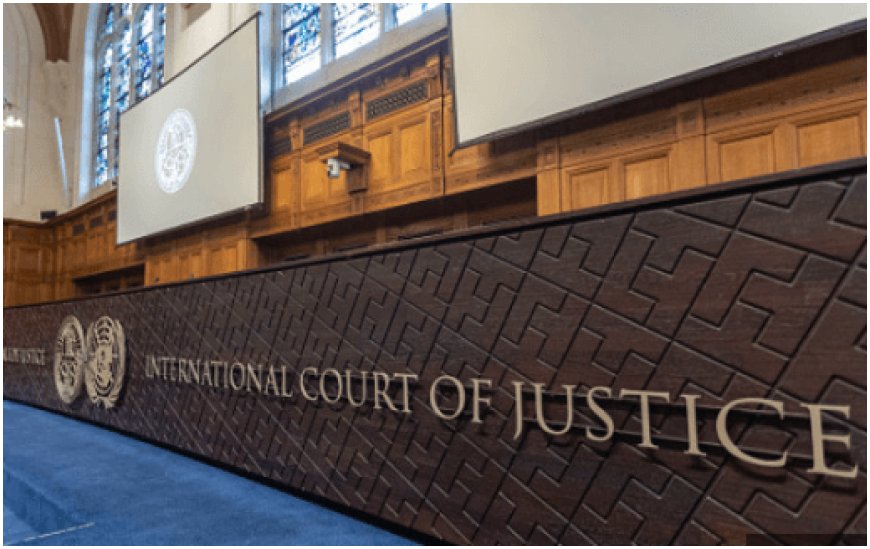
Sudan has taken a significant legal step by filing a case against the United Arab Emirates at the International Court of Justice (ICJ), accusing it of violating the Genocide Convention.
The lawsuit alleges that the UAE provided arms and support to the Rapid Support Forces (RSF), a paramilitary group accused of committing severe atrocities in Sudan’s West Darfur region. The Sudanese government claims that the UAE’s involvement contributed to acts of genocide targeting the non-Arab Masalit community in 2023, a charge that has drawn international condemnation. The UAE, however, has categorically denied these allegations, dismissing the case as unfounded and politically motivated.
The conflict in Sudan, which erupted in April 2023, has pitted the Sudanese Armed Forces (SAF) against the RSF, leading to widespread violence, humanitarian crises, and accusations of war crimes. The RSF, originally formed from the notorious Janjaweed militias that played a central role in the Darfur conflict of the early 2000s, has been accused of carrying out targeted killings, sexual violence, and ethnic cleansing, particularly against the Masalit people. Reports from human rights organizations and international observers suggest that these actions amount to genocide, with the United States formally declaring the atrocities as such in December 2023.
Sudan’s case against the UAE at the ICJ is based on allegations that the Gulf nation played a direct role in enabling the RSF’s military operations by providing weapons, intelligence, and financial backing. The Sudanese government contends that this assistance facilitated the RSF’s campaign of violence in Darfur, which resulted in the mass displacement and killing of civilians. While the specifics of Sudan’s legal arguments remain confidential, experts believe that the case will hinge on whether the UAE’s alleged actions meet the criteria for complicity in genocide under international law.
The UAE has rejected these accusations outright, insisting that it has played no role in fueling Sudan’s internal conflict. The Emirati government has described Sudan’s lawsuit as a baseless attempt to shift blame and deflect attention from the broader complexities of the war. The UAE has maintained that it supports diplomatic efforts to end hostilities in Sudan and has provided humanitarian aid to those affected by the conflict. In response to Sudan’s accusations, Emirati officials have reiterated their commitment to international law and peaceful conflict resolution.
The case at the ICJ is expected to be a prolonged legal battle, with both sides presenting evidence and legal arguments in what could become a landmark ruling on state responsibility for genocide. If Sudan successfully proves that the UAE materially contributed to the RSF’s actions in Darfur, the court could hold the UAE accountable under the Genocide Convention, leading to significant diplomatic and economic consequences. However, proving state complicity in genocide is a high legal threshold, requiring clear evidence that the UAE knowingly facilitated the RSF’s actions with the intent to destroy an ethnic or racial group.
The international response to Sudan’s lawsuit has been mixed. Some human rights groups have welcomed the case, arguing that it sheds light on external actors’ roles in conflicts that often remain unexamined. Others caution that the ICJ process could take years and may not lead to concrete action against those responsible for atrocities. Meanwhile, the conflict in Sudan continues to escalate, with civilians bearing the brunt of the violence as efforts to broker a peace agreement remain stalled.
Sudan’s decision to take legal action against the UAE marks a significant shift in the diplomatic landscape of the conflict. While the UAE has long maintained strategic interests in Sudan, its alleged support for the RSF has raised concerns about its broader regional influence. The outcome of this case could have far-reaching implications, not only for Sudan-UAE relations but also for the international legal framework governing state accountability for genocide.
What's Your Reaction?









